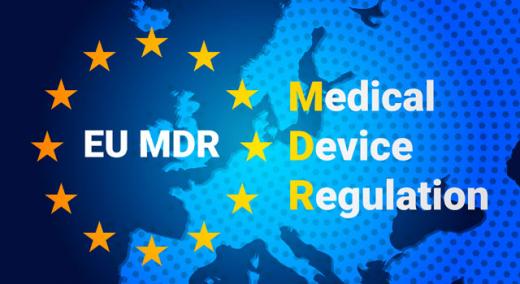Updated 12/12/22
At a meeting of EU health ministers in Brussels on Dec. 9, 2022, the Employment, Social Policy, Health and Consumer Affairs (EPSCO) Council announced it will be proposing an extension to the transition date for Regulation (EU) 2017/745 (MDR) and Regulation (EU) 2017/746 (IVDR). On the table will be the possibility to extend the deadline to 2027 for higher-risk devices and 2028 for lower-risk devices.
|
ADVERTISEMENT |
The European Commission had come under increasing pressure to extend the deadline after EU member states, notified bodies, and medical device companies told the commission that it would be impossible for all medical devices currently approved under the old medical device regulations to transition to the newer regulations by the May 2024 deadline. This was something the Commission’s own studies were bearing out.
This is good news for the medical device community and the EU healthcare system.
…

Add new comment